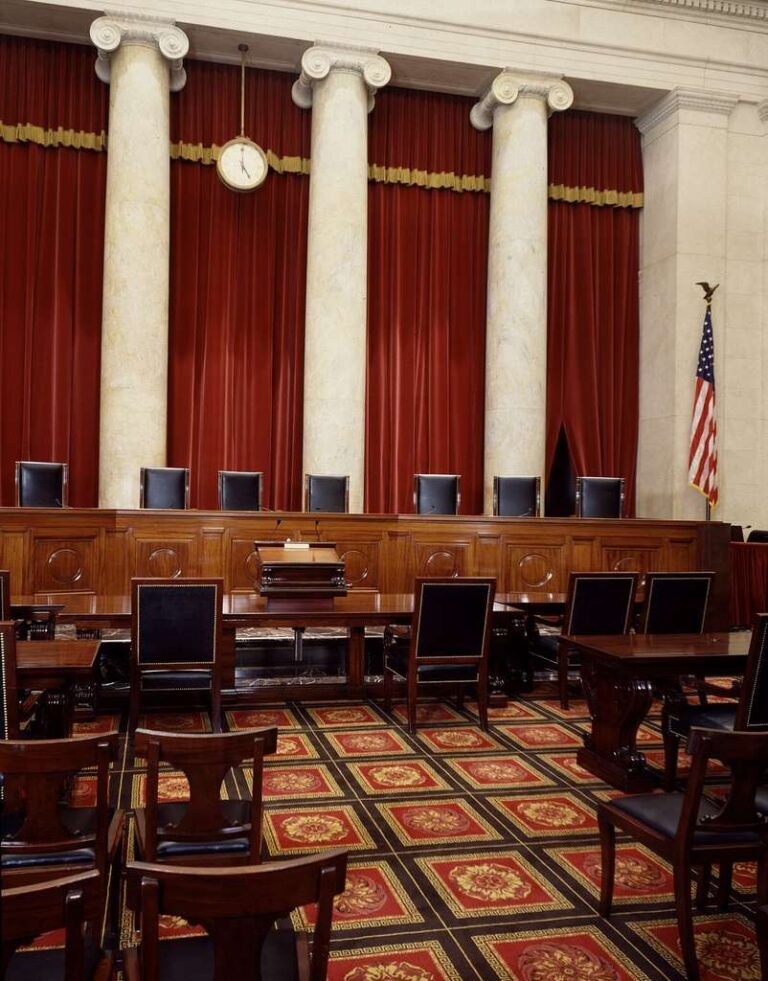On Thursday, the West Virginia State House narrowly passed a right-to-work bill, according to Lydia DePillis at the Washington Post. Although Democratic Governor Earl Ray Tomblin is expected to veto the bill, it passed by a vote of 54-46, and overriding Tomblin’s veto requires only a simple majority vote. West Virginia has a strong labor legacy, with a once-powerful coal union numbering 800,000 in the state, but that number has now dwindled to less than 10,000. This vote means that it is just a matter of time before West Virginia becomes the country’s 26th right-to-work state.
The Seventh Circuit allowed a white construction worker, Terry Deets, to take his race discrimination claim to trial, according to JDSupra Business Advisor. Deets alleges that his employer, defendant contractor Massman, Traylor, Alberici (“MTA”), engaged in race-based discrimination, firing him in order to fulfill federally mandated requirements of employing minorities and women. The Seventh Circuit’s ruling reverses the Southern District of Illinois summary judgment in favor of MTA, crediting Deets’s allegations of direct evidence of discrimination and sufficient circumstantial evidence of discrimination. You can read the Seventh Circuit’s opinion in Deets v. Massman Construction Company here.
Last month, Walmart closed 154 stores in the U.S., and Lydia DePillis at the Washington Post describes the effects those closings have on small towns in America. In many low-income towns, Walmart was a beacon of modernity and affordability, an essential employer, and a much-needed food source, improving the lifestyles of the town’s residents. And the ripple effects are potentially great; from neighboring businesses and gas stations, to local food banks Walmart supports and school districts benefitting from Walmart’s taxes. Walmart explains it is closing the stores with low financial performance, or within close proximity of other Walmarts. As the Washington Post explains, most of the Walmart closures are in locations in the southeast, and most in relatively lower-income, less dense populations.
Last week, over 50 Somali immigrant Muslims protested a Wisconsin manufacturer’s policy of firing factory workers for unscheduled break-time prayers. According to the Journal Sentinel, seven workers were recently fired after the company, Ariens Co., ended an informal policy of allowing two 5-minute prayer periods. After the company announced its policy change, 14 Muslim employees resigned. The Council on American-Islamic Relations is now considering filing a complaint with the EEOC, hoping to get these employees’ their jobs back, along with reasonable accommodations for their religious practices.
On Friday, the Labor Department reported the economy added 151,000 jobs in January. Politico reports unemployment remained 4.9%, relatively unchanged from December’s 5%, and average hourly private-sector earnings were up 12 cents.






Daily News & Commentary
Start your day with our roundup of the latest labor developments. See all
October 13
Texas hotel workers ratify a contract; Pope Leo visits labor leaders; Kaiser lays off over two hundred workers.
October 12
The Trump Administration fires thousands of federal workers; AFGE files a supplemental motion to pause the Administration’s mass firings; Democratic legislators harden their resolve during the government shutdown.
October 10
California bans algorithmic price-fixing; New York City Council passes pay transparency bills; and FEMA questions staff who signed a whistleblowing letter.
October 9
Equity and the Broadway League resume talks amid a looming strike; federal judge lets alcoholism ADA suit proceed; Philadelphia agrees to pay $40,000 to resolve a First Amendment retaliation case.
October 8
In today’s news and commentary, the Trump administration threatens no back pay for furloughed federal workers; the Second Circuit denies a request from the NFL for an en banc review in the Brian Flores case; and Governor Gavin Newsom signs an agreement to create a pathway for unionization for Uber and Lyft drivers.
October 7
The Supreme Court kicks off its latest term, granting and declining certiorari in several labor-related cases.